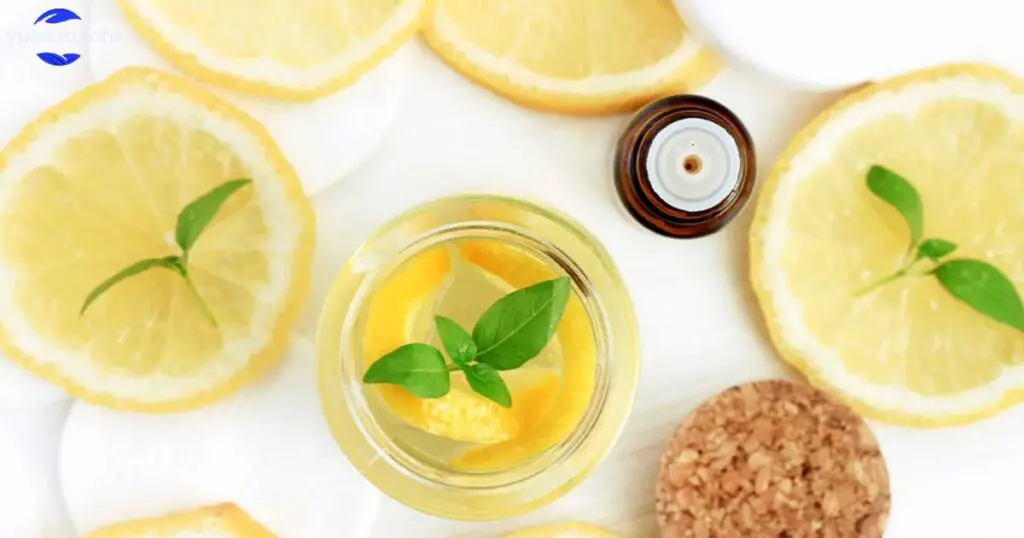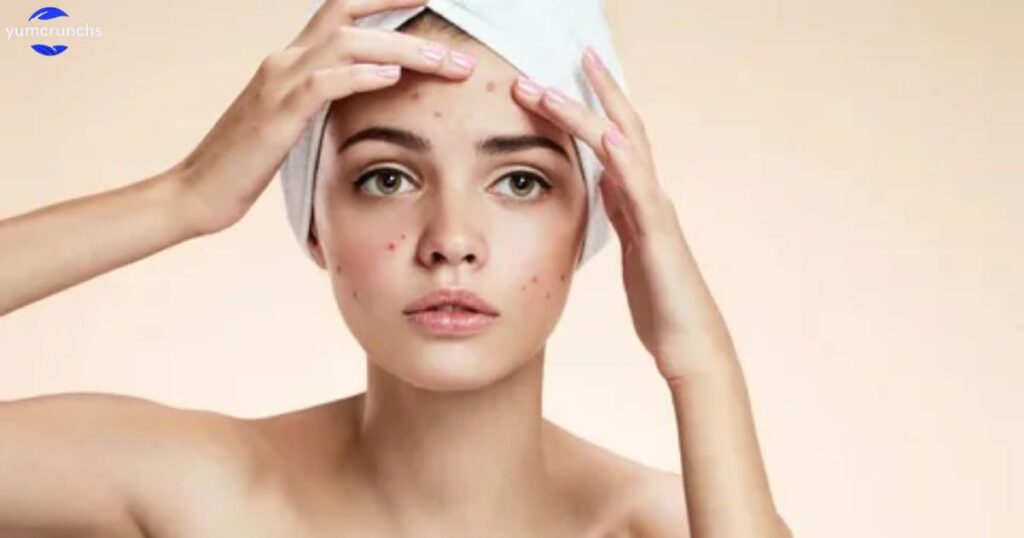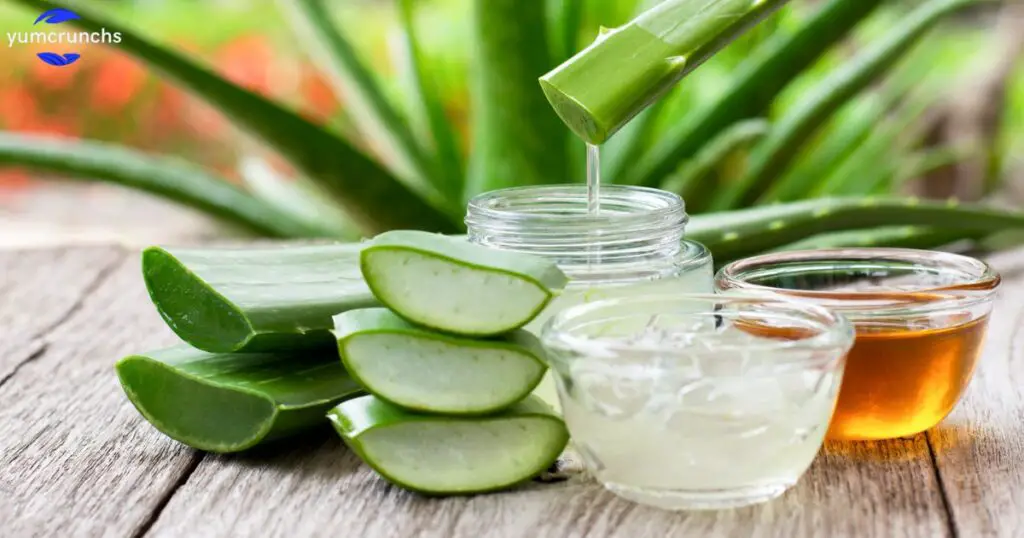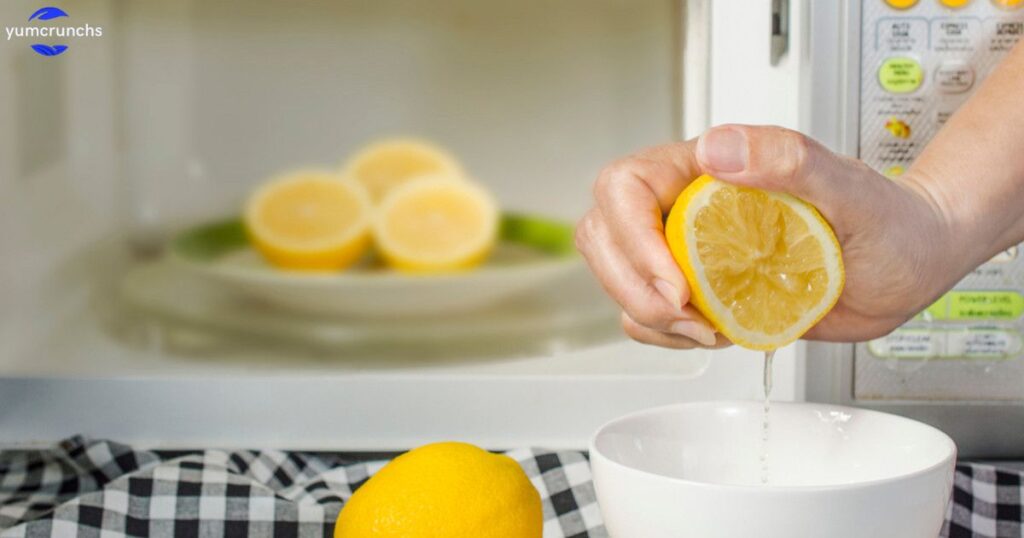Dark spots, also known as hyperpigmentation or melasma, can be a frustrating skin concern for many individuals. Whether they appear due to sun exposure, aging, or hormonal changes, these dark patches can impact one’s confidence and overall appearance. Thankfully, nature offers us a potent remedy: lemon juice. In this comprehensive guide, we will explore the causes of dark spots, the advantages of using lemon juice for skin care, and a step-by-step guide on how to effectively use it.
Is it safe to say that you are considering where to go to address or kill those unattractive dull spots all over? Prior to looking for arrangements, it is critical to comprehend the reason why these dull spots are showing up in any case.
Dim spots, otherwise called hyperpigmentation, arise when the skin produces unnecessary melanin, bringing about patches or spots that are apparently more obscure than the encompassing skin. While commonly harmless, it is basic to distinguish the main driver, as some of the time these spots can connote a hidden issue.
wellhealthorganic.com/easily-remove-dark-spots-lemon-juice
Hyperpigmentation, or the dark spots of our skin/face, can be due to various reasons such as:
- Human Hereditary qualities,
- Our complete UV openness
- Our hormonal changes or
- Results of any drug
Because of any of these reasons, our skin might create an unusual skin color called melanin.
Let me tell you here that melanin is the same pigment that also gives color to our hair and eyes and protects our skin from harmful UV rays.
“There are two essential sorts of melanin: eumelanin, which gives a brown or dark tone and is dominating in more obscure complexions, and pheomelanin, which gives a red or yellow tint and is found in lighter complexions and red hair. The sum and kind of melanin created by a singular’s melanocytes decide their skin tone”
Wellhealthorganic.Com Easily Remove Dark Spots Lemon Juice
Wellhealthorganic.Com Lemon Juice Know Home Remedies Easily Remove Dark Spots
How to use Lemon on the Face Safely

When applying lemon directly to your face, treat it like a new skincare product. Due to its acidic properties, it may sometimes irritate certain skin types.
Follow the steps below to check your skin’s sensitivity to lemon juice:
1. Perform a patch test on an area of skin away from your face, such as the inside of your elbow (forearm). Wait 24 hours to see if any side effects occur.
2. Do not use if you experience skin irritation or redness on the test area.
Tips for Using “Wellhealthorganic.com/easily-remove-dark-spots-lemon-juice”
- Perform a Patch Test: Before applying lemon juice to your face, perform a patch test on a small area of your skin to check for any adverse reactions or irritation.
- Use Fresh Lemon Juice: Whenever possible, use freshly squeezed lemon juice for the best results. Bottled lemon juice may contain preservatives or additives that could potentially irritate the skin.
- Protect Your Eyes: Be careful to avoid getting lemon juice into your eyes, as it can cause irritation. If accidental contact occurs, rinse your eyes thoroughly with water.
- Be Consistent: Consistency is key when using lemon juice to lighten dark spots. Incorporate it into your skincare routine regularly for optimal results.
- Sun Protection: Lemon juice can make your skin more sensitive to sunlight, so always apply sunscreen before going outside to prevent further darkening of the spots.
- Monitor Sensitivity: If you experience excessive irritation or discomfort while using lemon juice, discontinue its use and consult a dermatologist for alternative solutions.
- Stay Hydrated: Drinking plenty of water helps keep your skin hydrated from the inside out, supporting the effectiveness of your skincare routine.
- Be Patient: Results may not be immediate, so be patient and consistent with your lemon juice application. Over time, you should start to notice a gradual improvement in the appearance of your dark spots.
Causes of Dark Spots

Understanding the underlying causes of dark spots is essential for effective treatment. Here are some common factors that contribute to the development of hyperpigmentation
Sun Exposure (UV Rays)
One of the leading causes of dark spots is prolonged exposure to the sun’s ultraviolet (UV) rays. UV radiation triggers the production of melanin, the pigment responsible for skin color, as a natural defense mechanism. Over time, this can lead to the formation of dark spots or sunspots, particularly in areas frequently exposed to the sun, such as the face, hands, and shoulders
Aging
As we age, our skin undergoes various changes, including a decrease in cell turnover and an increase in melanin production. This can result in the appearance of age spots, also known as liver spots, which are a common form of hyperpigmentation in older adults.
Hormonal Changes
HORMONAL FLUCTUATIONS, PARTICULARLY DURING PREGNANCY OR DUE TO THE USE OF ORAL CONTRACEPTIVES, CAN lead to melasma—a type of hyperpigmentation characterized by brown or gray-brown patches on the face. These changes in hormone levels stimulate melanin production, resulting in dark spots
Acne Scars
Post-inflammatory hyperpigmentation (pih) is a condition where dark spots form after an inflammatory skin event, such as acne. When the skin heals from acne, it may produce excess melanin, leaving behind dark spots or scars
Medications
Certain medications, including nonsteroidal anti-inflammatory drugs (NSAIDs), tetracycline’s, and chemotherapeutic agents, can cause hyperpigmentation as a side effect. These medications can increase sensitivity to UV radiation or directly stimulate melanin production
How to remove dark spots on your body fast?
Dark spots on the body can be bothersome, but there are ways to fade them fast and regain clearer skin. Here are some simple yet effective tips to help you get rid of those pesky spots:
1. Lemon Juice:
Lemon juice contains natural bleaching properties that can help lighten dark spots. Simply apply freshly squeezed lemon juice to the affected areas using a cotton ball and leave it on for about 10-15 minutes before rinsing off with lukewarm water. Repeat this process daily for best results.
2. Aloe Vera Gel:

Aloe vera is known for its soothing and healing properties. Apply a thin layer of aloe vera gel directly to the dark spots and leave it on for 20-30 minutes before rinsing off. You can do this once or twice a day to help fade the spots.
3. Exfoliation:
Regular exfoliation helps remove dead skin cells and promotes cell turnover, which can help fade dark spots over time. Use a gentle exfoliating scrub or a loofah to gently scrub the affected areas while showering, but avoid being too harsh to prevent irritation.
4. Topical Treatments: Look for over-the-counter creams or serums containing ingredients like hydroquinone, kojic acid, or vitamin C, which are known for their skin-lightening properties. Follow the instructions on the product label and apply them to the dark spots as directed.
5. Sun Protection:
Sun exposure can worsen dark spots and cause them to darken further. Always wear sunscreen with a high SPF when going outside, even on cloudy days. Choose a broad-spectrum sunscreen that protects against both UVA and UVB rays, and reapply it every few hours, especially if you’re spending extended time outdoors.
6. Healthy Diet:
Eating a balanced diet rich in fruits, vegetables, and whole grains can help improve overall skin health. Foods high in antioxidants, such as berries, spinach, and nuts, can help protect the skin from damage and promote healing.
7. Hydration:
Drink plenty of water throughout the day to keep your skin hydrated and healthy. According to WELLHEALTHORGANIC.COM, knowing the causes of white hair and easy ways to prevent it naturally, hydrated skin is less prone to developing dark spots and other skin issues.
8. Patience:
Remember that fading dark spots takes time, so be patient and consistent with your skincare routine. Results may not be immediate, but with regular care and treatment, you should start to see improvement over time.
Incorporate these tips into your skincare routine to reduce dark spots, consulting a dermatologist if concerns persist. Easily remove dark spots lemon juice naturally
Advantages of Lemon Juice for Face

Lemon juice has been used for centuries as a natural remedy for various skin concerns, including dark spots. Here are some reasons why lemon juice is effective
High Vitamin C Content
Lemon juice is rich in vitamin C, a powerful antioxidant known for its skin-brightening properties. Vitamin C inhibits the production of melanin, helping to lighten dark spots and improve overall skin tone
Natural Exfoliant
The citric acid present in lemon juice acts as a natural exfoliant, helping to remove dead skin cells and promote cell turnover. This exfoliating action can reduce the appearance of dark spots over time
Skin Brightening Properties
In addition to its exfoliating and melanin-inhibiting properties, lemon juice can brighten the skin and impart a natural glow. Regular use can result in a more even and radiant complexion
Using Lemon Juice for Dark Spots: A Step-by-Step Guide

While lemon juice can be an effective remedy for dark spots, it must be used correctly to avoid skin irritation. Follow this step-by-step guide for safe and effective application
Preparation and Precautions
| Step | Description |
| Dilute Freshly Squeezed Lemon Juice | Start by squeezing fresh lemon juice and diluting it with equal parts water. This reduces the acidity and minimizes the risk of skin irritation. |
| Avoid Sensitive Areas | Refrain from applying lemon juice to the eye area or any open wounds or lesions. |
| Patch Test | Perform a patch test on a small area of your skin to check for any adverse reactions before applying it to larger areas. |
Application
- Apply the diluted lemon juice: using a cotton ball, apply the diluted lemon juice directly to the dark spots. Ensure that the application is even and covers all affected areas.
- Leave it on: allow the lemon juice to sit on your skin for 10-15 minutes. during this time, you may feel a slight tingling sensation, which is normal
Rinse Off
- Cleanse thoroughly: after 10-15 minutes, rinse the treated area with cool water to remove the lemon juice. pat your skin dry with a clean towel
Further Recommendations for Best Results
To achieve the best results, consider the following additional tips
Consistency is Key
For noticeable improvements, apply lemon juice regularly. Consistency is crucial, so incorporate this remedy into your skincare routine several times a week
Blend with Other Natural Products
Enhance the effectiveness of lemon juice by combining it with other natural ingredients known for their skin-brightening properties. Some popular combinations include
1. Honey and Lemon Juice: Honey has moisturizing and antibacterial properties that complement lemon juice. Mix equal parts honey and lemon juice, apply to dark spots, and leave on for 15-20 minutes before rinsing off.
2. Aloe Vera and Lemon Juice: Aloe Vera is known for its soothing and healing properties. Combine fresh aloe Vera gel with lemon juice and apply to the affected areas. Leave on for 20 minutes before rinsing off.
3. Turmeric and Lemon Juice: Turmeric has anti-inflammatory and antioxidant properties. Mix a pinch of turmeric powder with lemon juice to create a paste. Apply to dark spots and leave on for 15 minutes before rinsing off.
These combinations can help boost the brightening effects of lemon juice while providing additional benefits for your skin.
Sun Protection
Lemon juice can make your skin more sensitive to UV radiation. Always apply sunscreen with a high spf before going outdoors, especially after using lemon juice on your skin
Hydration
Keep your skin hydrated by using a good moisturizer after applying lemon juice. Hydrated skin heals faster and is less prone to irritation
Conclusion
Dark spots can be a source of frustration, but with the right approach, they can be effectively managed. Lemon juice, with its high vitamin C content, natural exfoliating properties, and skin-brightening abilities, offers a natural and affordable solution for reducing hyperpigmentation
By understanding the causes of dark spots and following a safe and consistent application routine, you can achieve a more even and radiant complexion. Remember to take precautions, perform patch tests, and combine lemon juice with other natural ingredients for enhanced results
For more valuable skincare tips and natural remedies, visit wellhealthorganic.com. Embrace the power of nature and take control of your skin’s health and beauty
Frequently Asked Questions
Is it safe to apply lemon juice directly on the skin daily to remove dark spots?
Applying lemon juice directly on the skin daily is not recommended due to its high acidity, which can lead to skin irritation and dryness. Instead, it is advisable to dilute lemon juice with equal parts water and use it 2-3 times a week. Always follow up with a moisturizer to keep your skin hydrated
How long does it take the skin to change after applying lemon juice to the dark areas?
The time it takes for lemon juice to show noticeable results on dark spots can vary based on individual skin types and the severity of the hyperpigmentation. Generally, consistent use over several weeks is likely to yield visible improvements. It is important to be patient and persistent with the treatment
Does lemon juice affect skin sensitivity to the sun?
Yes, lemon juice can make your skin more sensitive to UV radiation, increasing the risk of sunburn and further pigmentation. It is crucial to apply sunscreen with a high SPF during the day, especially after using lemon juice on your skin, to protect against harmful UV rays
Is there any specific skin type that should avoid lemon juice for dark spots?
Individuals with sensitive skin, eczema, or rosacea should avoid using lemon juice as it can exacerbate irritation and cause further skin issues. Those with dry skin should also be cautious, as lemon juice can lead to dryness and flakiness. Always conduct a patch test before trying lemon juice on a larger skin area.
What should I do if I experience side effects after applying lemon juice to my skin?
If you experience side effects such as redness, itching, burning, or excessive dryness after applying lemon juice, discontinue use immediately. Rinse the affected area with cool water and apply a gentle, soothing moisturizer. If irritation persists, consult a dermatologist for professional advice and alternative treatments

Daniel, a seasoned author with 8 years of expertise in SEO, brings a delectable blend of culinary flair and digital finesse to the food niche on his website.



